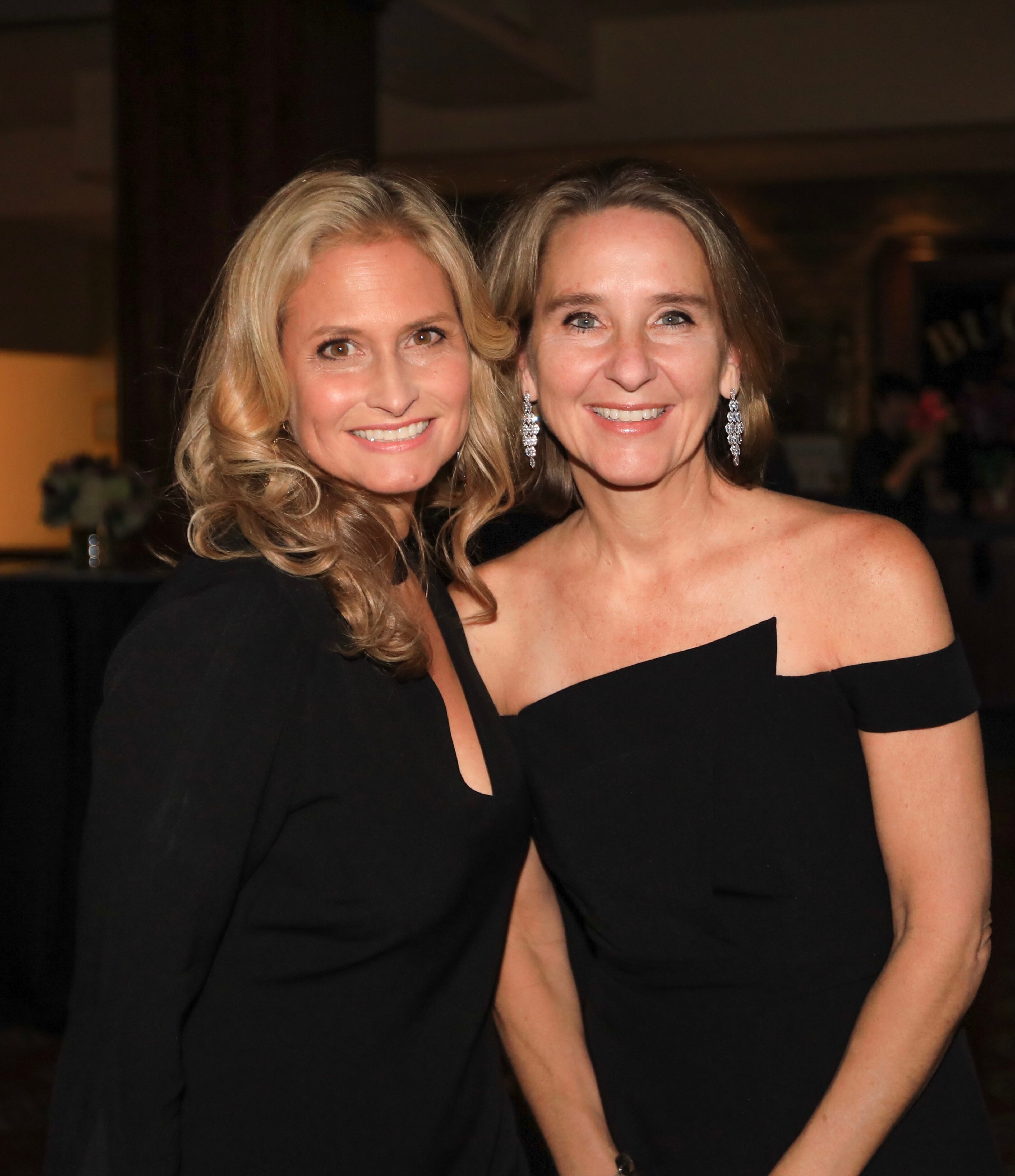Daughters Against Alzheimer’s backs those with loved ones with disease
An organization two Atlanta friends began to support loved ones and caretakers of those facing Alzheimer’s disease simultaneously spawned a fundraising event centered on pure fun. And both are going strong six years later.
Susan Watson and Michelle Rooks go way back — they both grew up in Atlanta, and they knew each other in high school. They reconnected when their kids were in school together — and when they found they had mothers who had Alzheimer’s.

Rooks ultimately lost her mom to the disease, and Watson is still caring for her mom. Both were looking for ways to support others facing similar situations when they launched Daughters Against Alzheimer’s in October 2017. The organization’s beginnings, Watson explained, are entwined with those of its signature fundraiser, a lipsynch competition called Battle for the Brain.
“(It) began as a Facebook group. We added people that we knew were affected,” she said. “We met in person a few times early on to get ideas for this event.”
At first, the fundraiser benefitted the Alzheimer’s Association. Proceeds currently go to the Goizueta Alzheimer’s Disease Research Center at Emory University.
A devastating disease
The duo recognized that joining and supporting an organization like DAA, even when it’s designed to help, can be overwhelming when a loved one is in the throes of the disease or has passed away from it. The complications of witnessing the deterioration can send shockwaves through caregivers’ lives.
The “silver tsunami” Alzheimer’s represents is a national crisis in relation to the cost of caregiving, Rooks said. When the DAA began, she and Watson found people devastated by what the disease had done to their lives as they rearranged their schedules and finances to support someone affected.
“People were in tears,” Rooks said. “People have lost their homes.”
With that shock and grief in mind, they’ve sought to keep Alzheimer’s research at the center of things while also making the event lighthearted for those who have had up-close experiences with the disease.
“It’s so much fun. It’s a show. You don’t have to dress up,” Rooks said. “You’re not stuck sitting at a table.”
And they’ve had participants from some of Atlanta’s best-known companies and organizations: Delta Air Lines, Morgan Stanley, and the Atlanta Falcons cheerleaders.
“It’s Suzie from accounting breaking it down on stage,” Rooks said. “By making it fun, people who wouldn’t normally want to join an organization have gotten involved now.”

Keeping it small
Watson acknowledged that DAA is no different from most startups that begin small and nimble, and she said they’ve worked to keep the nonprofit that way so they can focus on fundraising, not organizational management.
“We have kept it small intentionally,” she said. “We’re trying to put boundaries on how we grow so to the extent we can, we avoid that bureaucracy.”
Right now, it’s just Rooks and Watson running things with services like publicity and design contracted out.
At this point, Watson said, the event will outgrow —or may already has outgrown — its home at the Coca-Cola Roxy, but the staging available at that venue for an intimate vibe can’t be replaced.
The duo is answering the question, “how do we raise more funds and stay where we are?” by making the event available for free live streaming online through its website, Watson said. Viewers can vote online in real-time, too.
The method seems to be working.
According to Rooks, last year’s event brought in $1.25 million — a 40% increase from the previous year — and the DAA has raised nearly $4 million over the past five years.
Removing the stigma
A stigma surrounding Alzheimer’s often leads people close to those diagnosed with it to try to “have the world remember them the way they were,” Watson said. “But doing that makes no progress toward finding answers.”
And more answers can mean earlier interventions.
“If we can identify it, some of the pharmaceuticals that have been developed are effective at the early stage,” she said.
At this point, Rooks said, the DAA funnels money toward funding biomarker research at Emory for a screening tool that detects indicative proteins and allows for earlier treatment of Alzheimer’s.
It was this concept that encouraged Rooks and Watson to throw their weight behind the search for answers.
“We decided that we really wanted all of our efforts to go toward funding research,” Watson said, adding that Battle for the Brain as a fundraiser was another step toward normalizing discussions.
“Let’s do something fun to help remove that stigma.”

